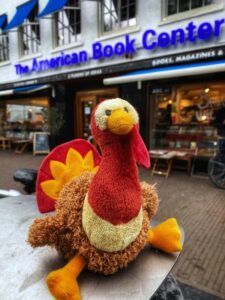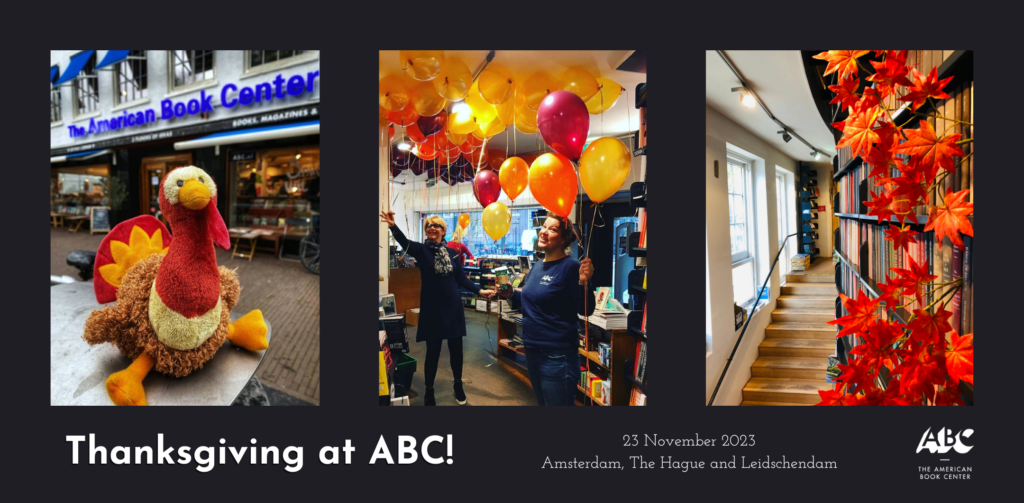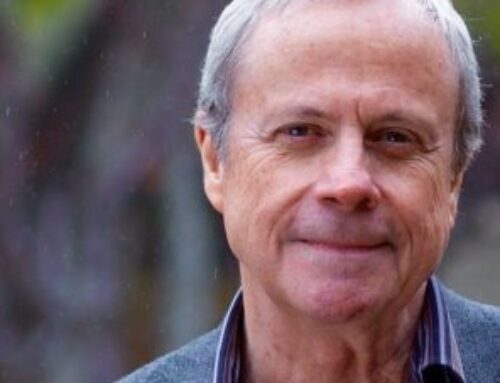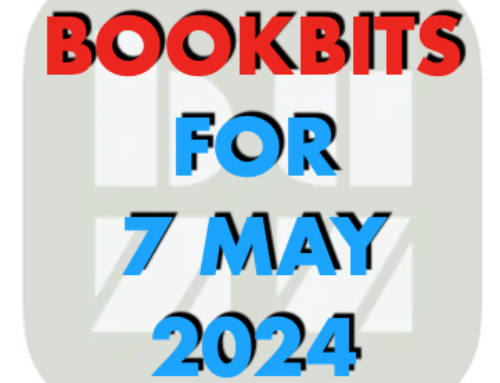By Lynn
What are you giving thanks for this Thanksgiving? At ABC, we’re thankful for our community of booklovers, both customers and staff. I’m also thankful for the Iroquois Confederacy—the model for our democratic Constitution.
We have celebrated Thanksgiving at our stores since 1989 as a way to thank our customers and community for their support each year. It’s also a day for homecoming, when staff members and customers who’ve moved on come back to see familiar faces.

Some years we’ve had a Giving Tree, where people could pin a message of gratitude on a leaf-shaped paper and post it on our in-store trees. Some years we had a full Thanksgiving dinner, complete with potluck salads and desserts, live music and a traditional menu. This year, the ABC Den Haag store is hosting a Bake-off, and all three stores will have surprises for folks who come by on Thanksgiving.
Of course, everyone gets a 10% extra discount this day with our gratitude. It’s our ABC holiday tradition.
All these years, we’ve been celebrating the spirit of this North American holiday as immigrants in the Netherlands, where the day has no special meaning. In America, it’s a special holiday because no religious group claims it exclusively as theirs, the food is the same on most tables from prison canteens to five-star restaurants and mostly in homes where friends and family gather if they can.
It’s a day to stop and reflect on how quickly time passes, how much we appreciate the basics of friendship and family, good food and togetherness.
And yet, as peaceable and inclusive as it seems, the First Peoples who welcomed and supported European settlers in the 17th century have little reason to celebrate this day. (Or maybe they do? Who am I to speak for them?)
Back in 1991, we held an exhibition in the fourth floor gallery of our Kalverstraat store, which was opened by Okwaoraken, leader of the Mohawk Nation Permanent Delegation in Europe.
The exhibition included a special selection of several hundred books, many of which had never before been seen in Europe. Representatives of several indigenous groups provided information: NANAI, Kiva, WIP, Lakota Stg., poet Femia Cools and Wolf Trail Travel.
And I learned something new.

That George Washington, Benjamin Franklin and James Madison learned the principles of democratic governance from members of the Six Nations of the Iroquois confederacy, formed hundreds of years before they ever stepped foot on North American soil.
Think about it – Europeans came from feudal systems mostly governed by kings and queens and high church officials. How did they suddenly know how to set up a representative democracy when they reached the New World? Was their thinking transformed on the voyage?
No—there was a model already working in the New World, the Iroquois Constitution, called The Peacemaker, which made possible consensual decision-making by otherwise warring tribes and proscribed a powerful role for the Clan Mothers.
“Centuries before the creation of the United States and its Constitution, democracy had already taken root in North America—among a handful of Indigenous nations,” writes author and journalist Tony Tekaroniake Evanson the History Channel. “Known as the Iroquois Confederacy, or Haudenosaunee, this league of nations emerged among five northeast woodlands tribes that had been plagued by wars of retribution and violence for many generations…. Guided by the Great Law of Peace—their own constitution—this league came to jointly govern, while recognizing the sovereignty of each nation.
“The Great Law of Peace, credited largely to two visionary culture heroes, Hiawatha and Deganawida (a.k.a. “The Peacemaker”), established a model for federalism, separation of powers and participatory democracy that would inspire leaders like Benjamin Franklin and James Madison during the formation of the United States. It also conferred significant power and status to women in Iroquois culture.”
On the 200th anniversary of the signing of the US Constitution, the Senate passed Resolution 76 in 1987, saying:
“Whereas the confederation of the original Thirteen Colonies into one republic was explicitly modeled upon the Iroquois Confederacy as were many of the democratic principles which were incorporated into the Constitution itself,….
“Congress acknowledges the historical debt which this Republic of the United States of America owes to the Iroquois Confederacy and other Indian nations for their demonstration of enlightened, democratic principles of Government and their example of a free association of independent Indian nations….”
To help the curious learn more about the history and lives of First Peoples in the US, we’ve assembled a list of titles—both fiction and non-fiction—for several age groups that might be helpful. Click here to see what they are.
And happy Thanksgiving—however you give thanks!





